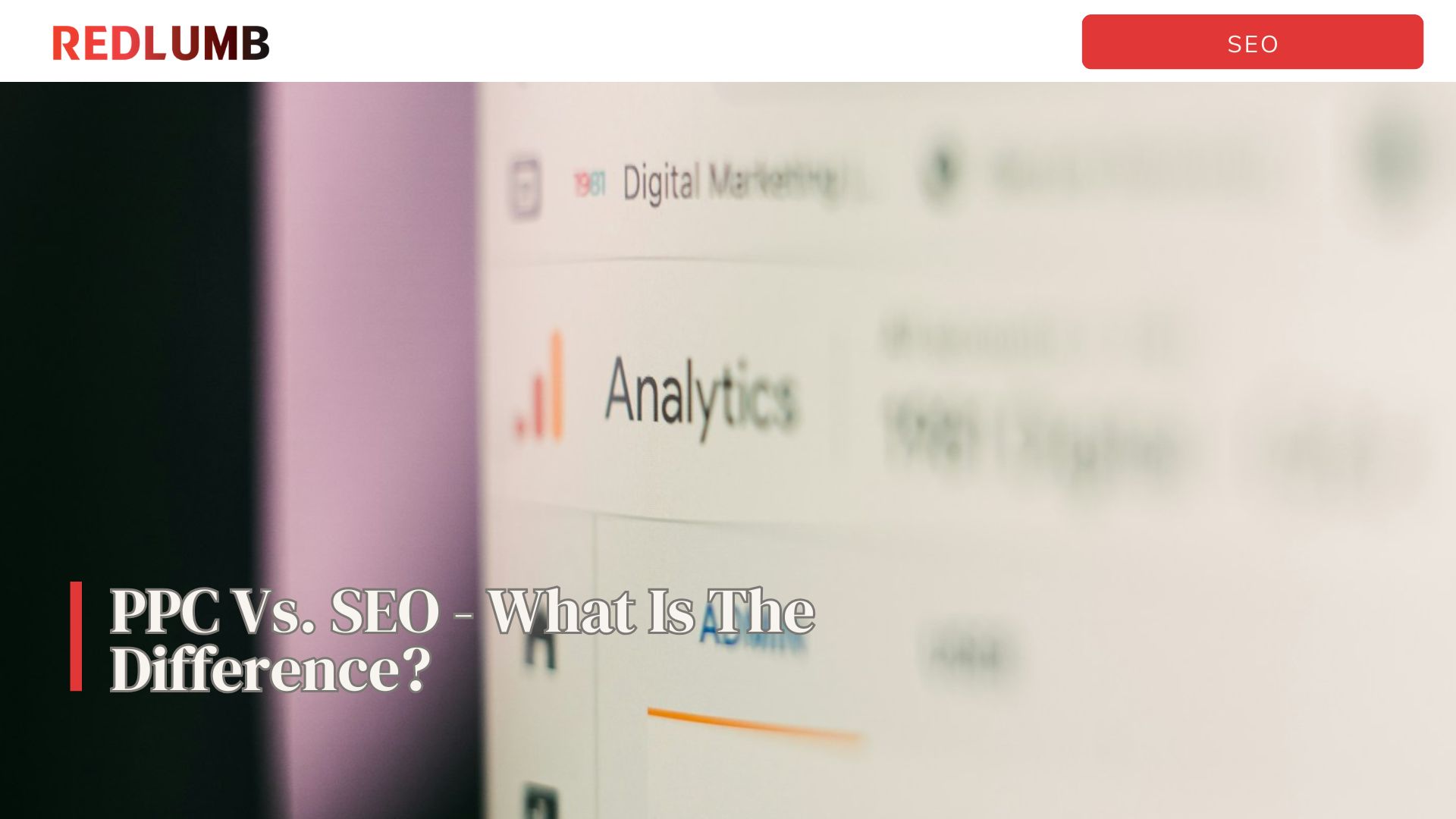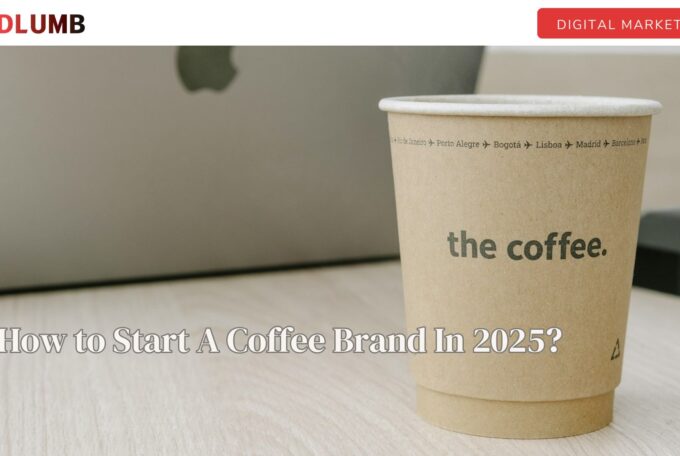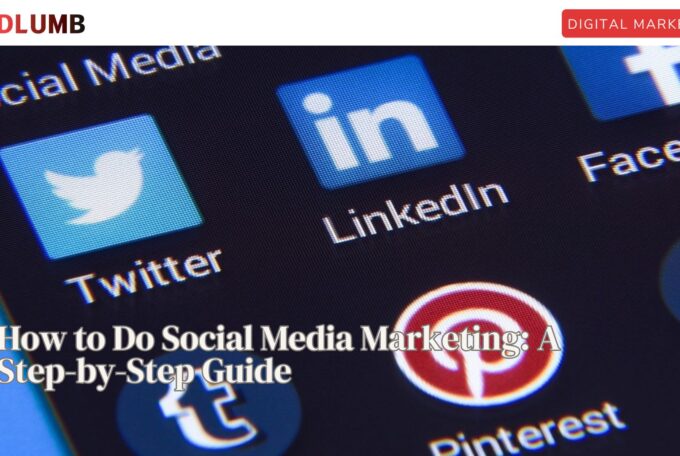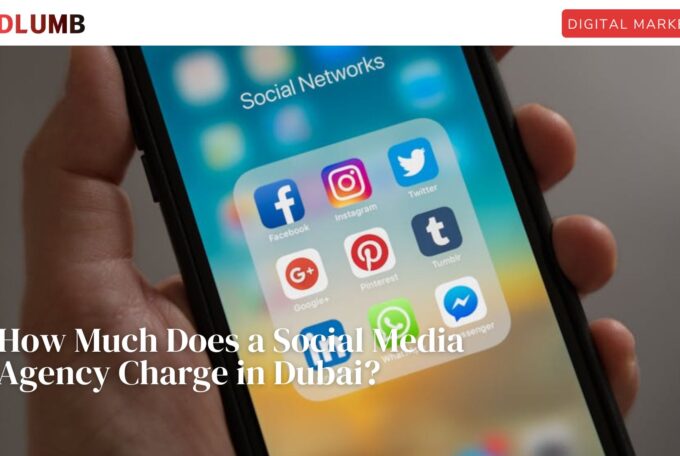As a small to medium-sized business owner, you’re constantly looking for ways to increase your online visibility and attract more customers. Two of the most effective digital marketing strategies are Search Engine Optimization (SEO) and Pay-Per-Click (PPC) advertising.
But which one is right for your business? Understanding the key differences, benefits, and drawbacks between PPC vs. SEO will help you make an informed decision that aligns with your goals and budget.
[su_list class=”story-highlight”]Key Takeaways
- PPC delivers immediate results but requires continuous payment to maintain visibility.
- SEO takes 3-6 months to work but provides sustainable, long-term traffic without ongoing costs.
- Combining both strategies maximizes visibility and allows PPC data to inform SEO efforts.[/su_list]
[su_service title=”How We Can Help?” icon=”icon: info-circle” icon_color=”#000″ size=”20″ class=”InfoBox”]Boost your business growth with our expert SEO and PPC services. Partner with REDLUMB to build a strategy that brings you results.[/su_service]
Overview
| Factor | SEO | PPC |
|---|---|---|
| Time to Results | 3–6 months for significant results | Immediate (within hours) |
| Cost Structure | Upfront investment in content/optimization | Pay per click (ongoing costs) |
| Long-term Cost | Lower cost per acquisition over time | Higher ongoing investment required |
| Traffic Sustainability | Traffic continues even when not actively optimizing | Traffic stops when budget ends |
| Click-through Rate | Higher (~28% for first result) | Lower (~25% of users click ads) |
| User Trust | Higher trust in organic results | Lower trust due to “ad” label |
| Control & Flexibility | Limited immediate control | Complete control over campaigns |
| Targeting Options | Keyword and content-focused | Precise demographic/geographic targeting |
| Competition Impact | Gradual ranking competition | Direct bidding competition |
| Measurability | Complex attribution, long-term focus | Clear, immediate ROI tracking |
| Best for Businesses With | Limited budget, patience for results | Healthy ad budget, need for speed |
| Ideal Timeline | Long-term strategy (6+ months) | Short to medium-term campaigns |
What Is Search Engine Optimization (SEO)?
Search Engine Optimization (SEO) is the practice of optimizing your website and content to rank higher in organic search engine results. When someone searches for keywords related to your business, SEO helps your website appear naturally in the search results without paying for ad placement. This involves creating high-quality content, improving your website’s technical performance, building authoritative backlinks, and ensuring your site provides an excellent user experience.
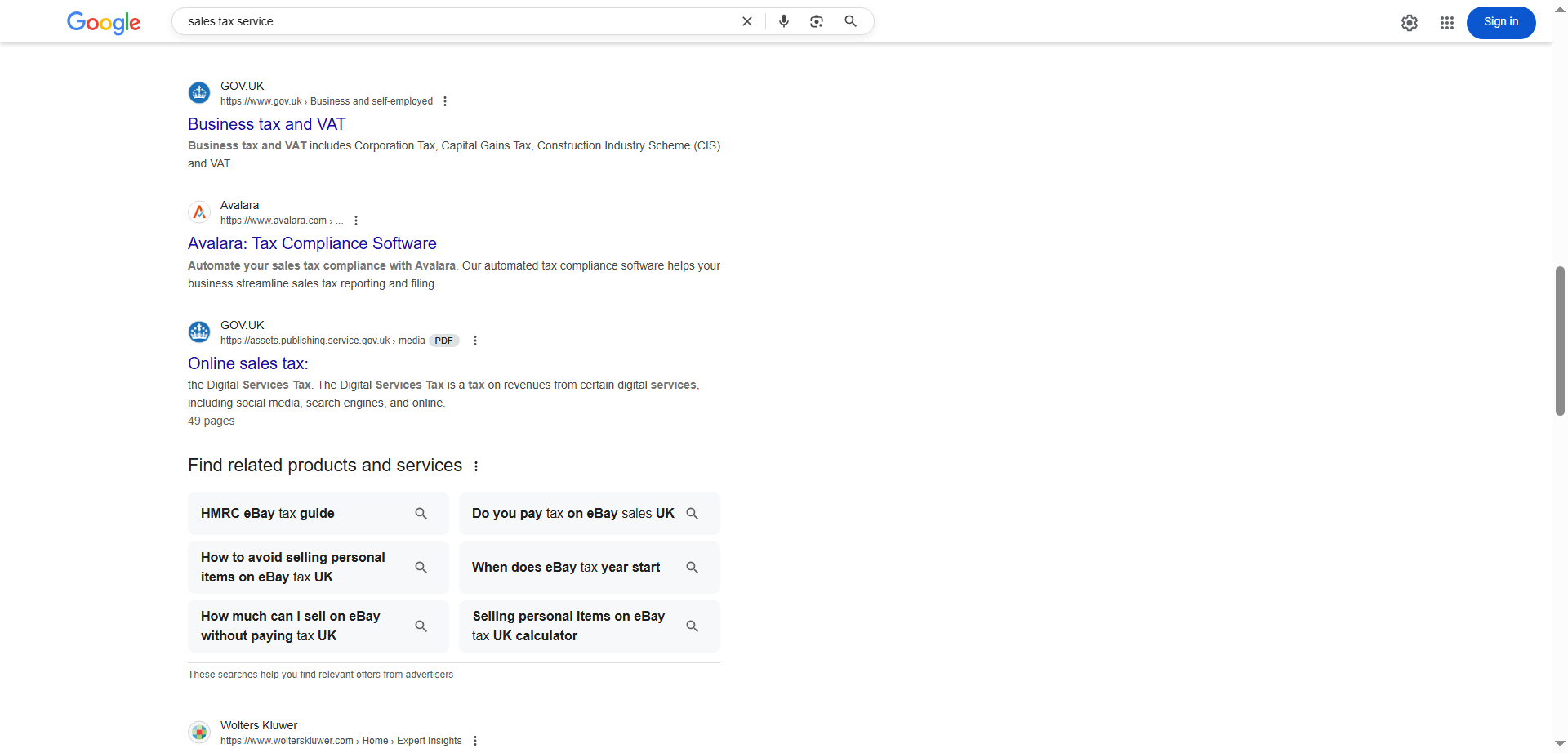
SEO focuses on earning your position in search results through relevance, authority, and user satisfaction rather than paying for visibility.
Benefits of SEO
- Cost-effective long-term strategy: Once you achieve high organic rankings for your website, you don’t pay for each click. This makes SEO incredibly cost-effective over time, especially compared to ongoing PPC expenses.
- Builds trust and credibility: Users generally trust organic search results more than paid advertisements. Ranking high organically signals to potential customers that search engines view your business as relevant and authoritative.
- Sustainable traffic generation: Quality SEO efforts can provide consistent traffic for months or even years. A well-optimized piece of content can continue attracting visitors long after it’s published.
- Higher click-through rates: Studies show that organic results receive significantly more clicks than paid ads. The first organic result typically gets around 28% of all clicks.
- Comprehensive online presence: SEO improvements benefit your entire online presence, from your website to your local business listings, creating multiple touchpoints for potential customers.
Drawbacks of SEO
- Takes time to see results: Most businesses need 3-6 months to see significant improvements in organic rankings, with full results often taking 6-12 months of consistent effort.
- Requires ongoing effort and expertise: SEO involves technical knowledge, content creation skills, and staying updated with search engine algorithm changes. Many businesses need to hire specialists or invest considerable time in learning.
- Less control over immediate results: You can’t guarantee specific rankings or instantly adjust your position in search results like you can with PPC campaigns.
- Algorithm dependency: Search engine updates can impact your rankings without warning, potentially affecting your traffic and visibility.
- Competitive challenges: Ranking for valuable keywords often requires competing against established websites with strong domain authority and extensive content libraries.
What Is Pay-Per-Click (PPC)?
Pay-Per-Click (PPC) advertising allows you to place ads at the top of search engine results pages by bidding on specific keywords. You only pay when someone clicks on your ad, giving you immediate visibility for your target searches. Popular PPC platforms include Google Ads, Microsoft Advertising, and social media advertising on platforms like Facebook, Instagram, and LinkedIn.
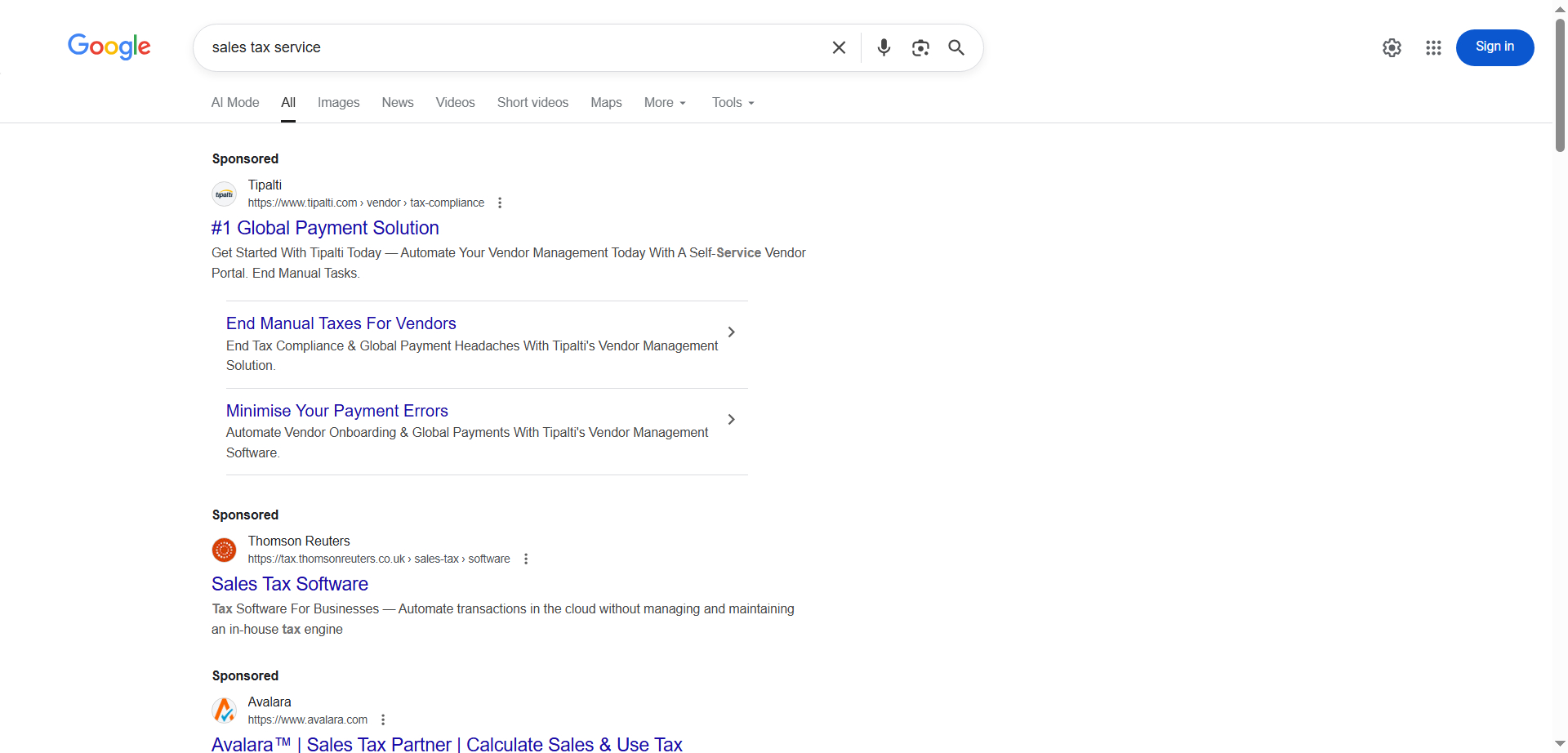
[su_service title=”Important” icon=”icon: exclamation-triangle” icon_color=”#00ae27″ size=”20″ class=”ImportntBox”]Many businesses seeking paid advertisement services in the UK find that platforms like Google Ads offer the most comprehensive reach and targeting options for their campaigns. This is because PPC puts your business in front of potential customers instantly, but requires ongoing investment to maintain visibility.[/su_service]
Benefits of PPC
- Immediate results and visibility: Your ads can appear at the top of search results within hours of launching a campaign, making PPC perfect for time-sensitive promotions or new business launches.
- Complete control over campaigns: You can adjust budgets, pause campaigns, change ad copy, and modify targeting options instantly. This flexibility allows for rapid optimization and response to market changes.
- Precise targeting capabilities: PPC platforms offer detailed targeting options, including location, demographics, interests, device type, time of day, and even specific websites or audiences.
- Measurable and predictable ROI: PPC provides clear, immediate metrics on impressions, clicks, conversions, and cost per acquisition. You can track performance down to individual keywords and adjust accordingly.
- Perfect for testing and validation: PPC campaigns provide valuable data about which keywords, ad copy, and landing pages convert best, informing your broader marketing strategy.
- Guaranteed prime positioning: Your ads appear at the very top of search results, ensuring maximum visibility for your target keywords.
Drawbacks of PPC
- Ongoing costs required: PPC requires continuous investment to maintain visibility. The moment you stop paying, your ads disappear from search results completely.
- Can become expensive quickly: Competitive keywords can cost anywhere from $1 to over $50 per click, depending on your industry. Costs can escalate rapidly without proper management.
- Lower trust levels: Many users skip over paid ads, preferring to click on organic results. Only about 25% of users typically click on paid advertisements.
- Requires constant optimization: Successful PPC campaigns need ongoing monitoring, testing, and adjustment to remain profitable and competitive.
- Limited to ad budget and competition: Your visibility directly correlates with your budget, and increased competition can drive up costs or reduce your ad position.
Is SEO Or PPC Better For My Business?
The best choice depends on your specific business situation, goals, and resources.
Choose SEO if you:
- Have a limited budget, but can invest time and effort.
- Want sustainable, long-term growth.
- Operate in a stable industry with consistent demand.
- Can wait 3-6 months for significant results.
- Want to build brand authority and establish trust.
- Prefer ongoing organic traffic over paid traffic.
Choose PPC if you:
- Need immediate results and traffic.
- Have a healthy advertising budget.
- Want to test market demand for new products or services.
- Operate a seasonal business with time-sensitive offers.
- Need precise control over your marketing spend.
- Want to target very specific demographics or locations.
It is worth noting that new businesses often benefit from PPC’s immediate visibility while building their SEO foundation. Established businesses might focus more heavily on SEO services for sustainable growth.
Plus, the most successful businesses often use both strategies strategically. This integrated approach offers several advantages:
- Maximize search result visibility: Appearing in both paid and organic listings significantly increases your chances of getting clicked, especially for high-value keywords.
- Use PPC data to inform SEO strategy: PPC campaigns provide immediate insights into which keywords convert best, helping you prioritize your SEO efforts effectively.
- Cover all stages of the customer journey: Use PPC for immediate needs and competitive terms while building SEO for long-term brand searches and informational content.
- Maintain a consistent presence: PPC ensures visibility while your SEO efforts gain momentum, providing a steady flow of traffic during the SEO ramp-up period.
- Cost optimization: As your organic rankings improve for certain keywords, you can reduce PPC spending on those terms and reallocate budget to new opportunities.
Final Words
Both SEO and PPC are powerful digital marketing strategies that can drive significant results for small to medium-sized businesses. SEO offers sustainable, cost-effective growth that builds long-term value, while PPC provides immediate visibility and precise control over your marketing efforts.
You should consider starting with the approach that best matches your immediate needs and budget, then gradually incorporating the other strategy as your business grows. Many successful businesses find that combining both SEO and PPC creates a comprehensive digital marketing strategy that maximizes their online visibility and drives consistent growth.
Remember, the best digital marketing strategy is the one you can execute consistently and measure effectively. Whether you choose SEO, PPC, or both, focus on understanding your audience, tracking your results, and continuously optimizing your approach based on real performance data.
Moiz Banoori is a Digital Marketing specialist with over eight years of experience in content creation and digital journalism. He leads teams at various brands and focuses on developing effective SEO strategies that enhance online visibility. With a degree in journalism, Moiz combines his passion for storytelling with technical skills to deliver innovative digital solutions at REDLUMB, helping clients achieve their online goals in a competitive landscape.

